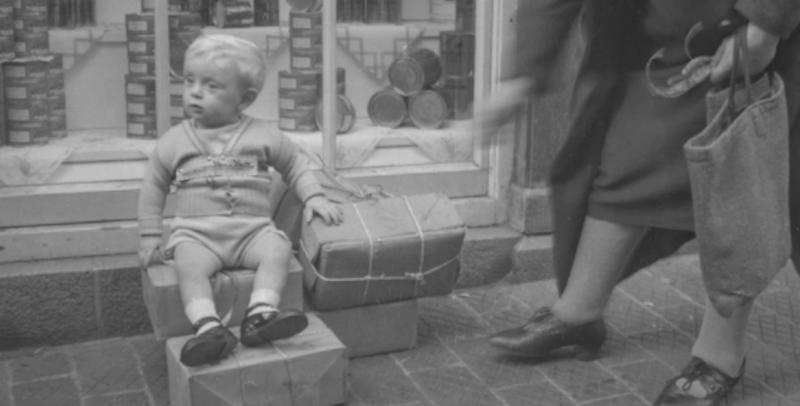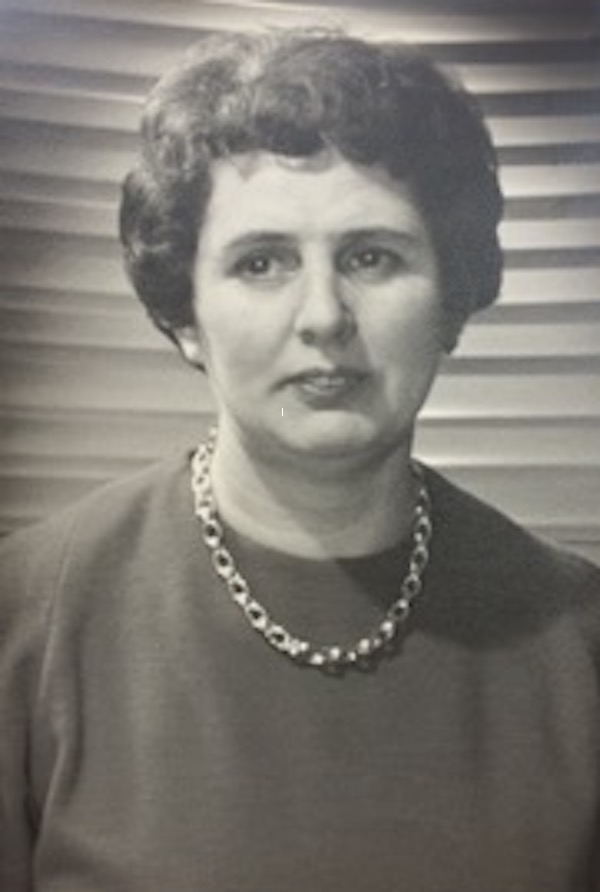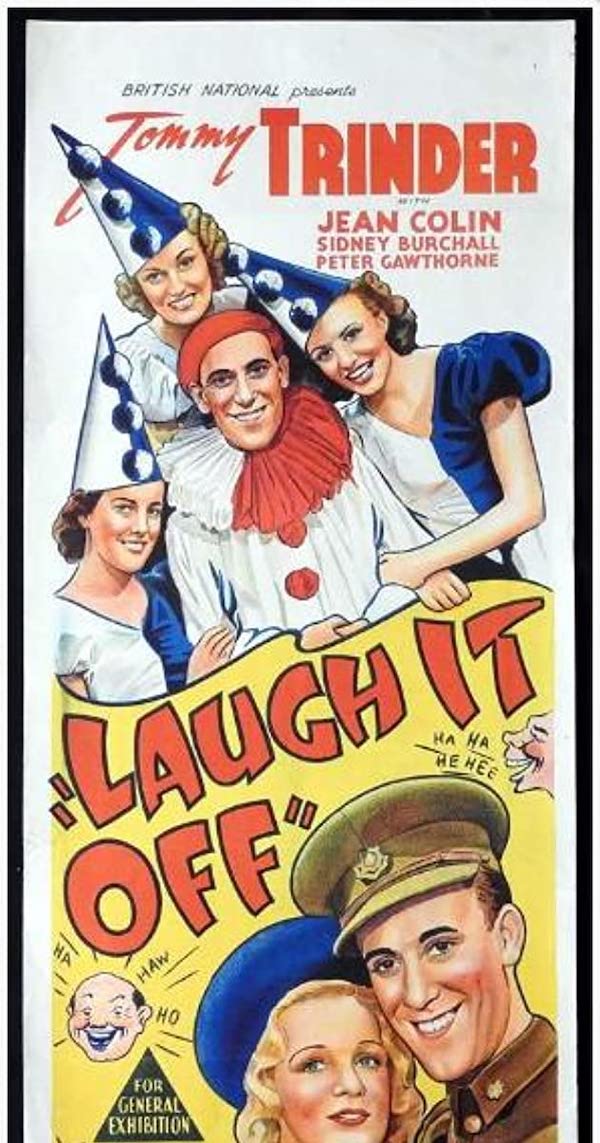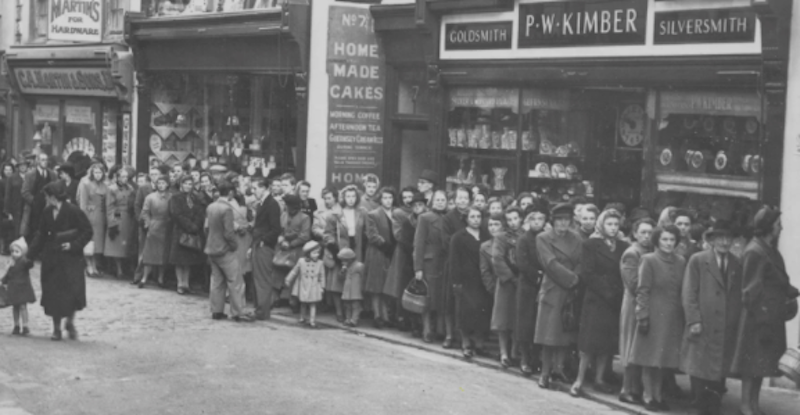


Through her recently discovered diary entries - which have been shared with Express in the run up to Liberation Day - Irene Rose continues her story, offering further insight into what life was like during the early years of Guernsey's Occupation...
"In September 1940, the RAF dropped leaflets over the island - we ran out in our night attire, despite the rain, to pick them up.
Some pamphlets read “The Queen and I desire to convey to you our heartfelt sympathy in the trials which you are enduring, we earnestly pray for your liberation, knowing that it will surely come – George VI.” Other leaflets had news of English people and how the war was progressing and added assurance that we would be liberated soon.
A notice was printed in the paper the next day to the effect that anyone who was found with or picking up leaflets would be imprisoned. But these leaflets were our lifeline with England and we just took the risk, hiding them in the oddest places!

Pictured: Irene Rose.
As from July 1940, the editors of newspapers were ordered to print only German news on the front page of the paper. As it usually consisted of how many planes they had brought down, we ignored the front page and looked inside for local news.
Incidentally, the film showing at the Regal Cinema that week was Tommy Trinder in ‘Laugh it Off'. All films that were in the island when we were occupied were shown over and over again. If they had broken down we could have prompted!
The Germans brought over films for their troops, these had English subtitles like 'Small but Big Love'. The cinema was divided with an iron rail running down the middle and the Germans sat on the right and the islanders sat on the left, except for the balcony where all the front seats were kept for the officers and a few at the back for islanders. The trouble was, if an officer came in late they would all stand up and give the ‘Heil Hitler’ salute all along the line and we used to get furious missing part of the film.
Many of the troops were told that they were in the Isle of Wight and you could not convince them otherwise!
In September 1940, when the Battle of Britain was at its height, there were as many as 200 German planes overhead and 70 or 80 at the airport. We were so helpless and would love to have informed England they were coming.

Pictured: 'Laugh it Off' was one of the films shown at the Regal Cinema.
Sometimes, we would go in our neighbour’s attic bedroom which overlooked the coast and the night sky would be lit up with the bombing of Cherbourg and other French ports. We were in a unique position, as if the British came and bombed us, we were delighted and of course, the German planes made no difference to us.
The British Intelligence was so good that a German submarine was in the harbour and would have been hit but, unfortunately, the Germans had moved it to Fermain and all the glass along the front was shattered with the blast.
Anyone giving a service or having a reason to go out after curfew was issued with a permit and an armband which had to have the Swastika stamped on it. Curfew was 22:00, but later in the Occupation it was 21:00 or earlier.
Throughout the Occupation, the biggest blackmail threat held over us by the enemy was that in the event of the civilian population offending them, they would deport all the men between the ages of 18 to 45. They often made these threats and nothing happened.
Then, in April 1941, a hussemburger (someone forced into the Organisation Todt - often taken from occupied countries and forced into slave labour with many taken from the street without even so much as a goodbye to their families) made a shortwave radio set and transmitted to England from a house in St Sampson’s. He was caught and shot.

Pictured: The Occupation of Guernsey.
In September 1942, the Germans issued an order that any military still in the island (men on leave or troops who had been unable to get away) and any people not born on the island would be deported. It was this war of nerves that was so difficult to bear.
So, on 24 September 1942, 1,000 people of all ages were deported not knowing what was in store for them. They left in a convoy of seven ships leaving at midnight and arrived in St Malo seven hours later. The second batch of 890 left on 27 September.
You can imagine the sorrow and fear that was felt. Who would be next? No one could see the sense in taking old people and babies. We could only watch them depart and pray for them.
Many did not return from the concentration camps."
Rene's story will continue on Express throughout the week...
To read more about Rene herself click HERE.
Pictured top: Image from visitguernsey.com courtesy of the Priaulx Library & Occupation Archive.